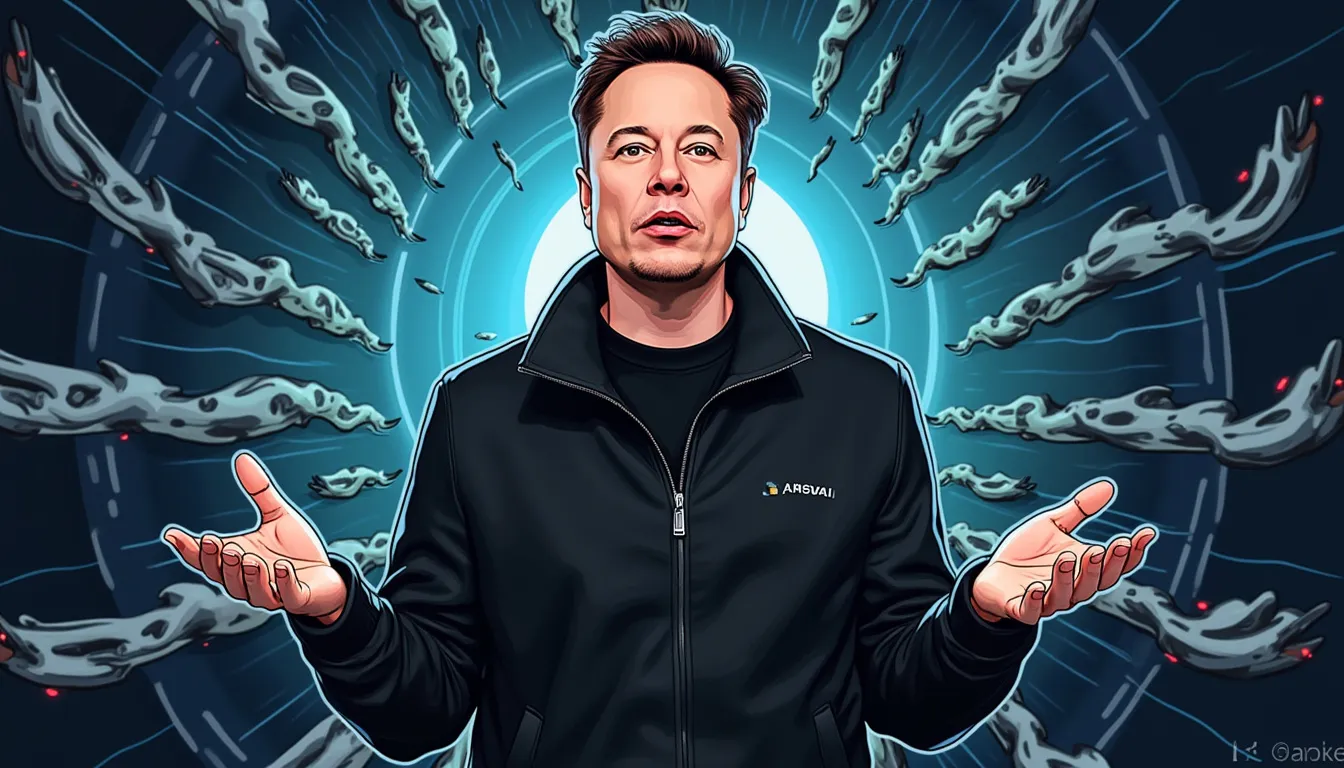Elon Musk’s Legal Battle with OpenAI
Elon Musk has initiated another legal battle against OpenAI, asserting that its transition from a nonprofit entity to a for-profit corporation contradicts the organization’s founding mission. Musk’s lawsuit aims to contest this shift by highlighting the potential deviation from OpenAI’s original goal of serving humanity by developing artificial general intelligence (AGI). His legal complaints broaden the scope of the ongoing litigation, adding various allegations that challenge OpenAI’s current business structure and direction.
The lawsuit serves as an extension of Musk’s overarching strategy to recalibrate OpenAI’s path. Central to his demands is the restitution of funds—seeking three times the $44.6 million he contributed over several years—paired with a call for transparency in the form of sharing research related to the GPT-4 neural network. This aligns with the objectives of Musk’s own xAI research lab, which he has positioned as a formidable competitor in the AI realm.
The Allegations and Legal Complications
Musk’s legal team has creatively widened the allegation net, citing infractions such as fraud, racketeering, and unjust enrichment. This prolific array of accusations contrasts with OpenAI’s defense, which states that Musk’s claims lack credible foundation. OpenAI’s lawyers stand firm in their stance, suggesting that the claims are outdated reiterations framed in more vibrant narrative tones.
At the heart of the legal dispute is a purported Founding Agreement, which Musk alleges prohibits OpenAI’s shift to a for-profit structure. However, Musk has yet to present this document, which experts argue weakens his position. To construct a more compelling case, Musk needs to reinforce his association with OpenAI as a co-founder rather than merely a donor, thereby strengthening the legitimacy of his stakeholder position.
OpenAI’s Stance and Future Projections
In response, OpenAI has moved to have the lawsuit dismissed, asserting that Musk’s allegations are baseless and driven by competitive aims. The organization defends its transition, stating that despite the structural changes, it remains committed to developing safe, beneficial AI. This move to for-profit status, initiated in 2019 with the creation of a subsidiary, reflects its need to secure substantial investments for operational sustainability.
Despite not currently generating profits, OpenAI is navigating significant financial pressures, with projections of $5 billion in losses anticipated this year. The transition to a for-profit model appears to be a pragmatic business decision meant to attract investors. However, this shift could risk diluting OpenAI’s mission to focus on broader commercial objectives rather than purely altruistic ones.
Support and Criticism from External Entities
Adding a layer of complexity to the unfolding saga is the involvement of Public Citizen, a consumer advocacy group that has expressed concerns mirroring some of Musk’s issues. The organization has filed a complaint advocating for OpenAI to ensure public rights to AGI inventions and suggesting that an independent foundation be established to oversee AI safety. Their intervention emphasizes the broader implications of AI development beyond corporate boundaries.
This lawsuit forms part of a broader historical context, marked by Musk’s previous legal actions against OpenAI. Despite initial support for the potential for-profit transition in 2017, Musk’s perspectives evolved, eventually leading to legal confrontations centered around protecting foundational principles against shifting corporate interests.




